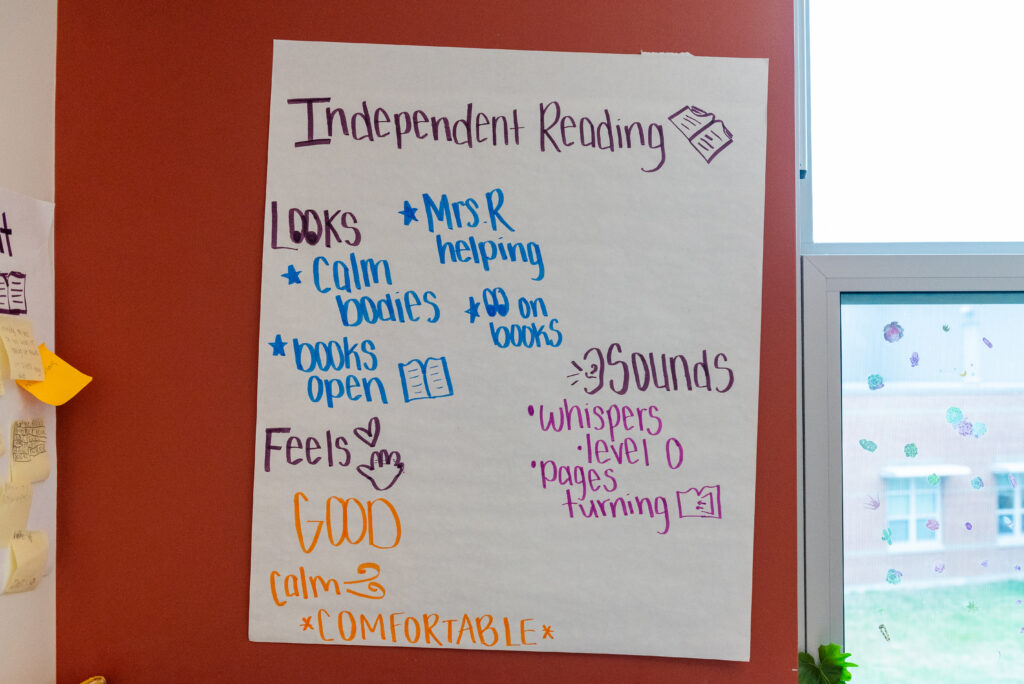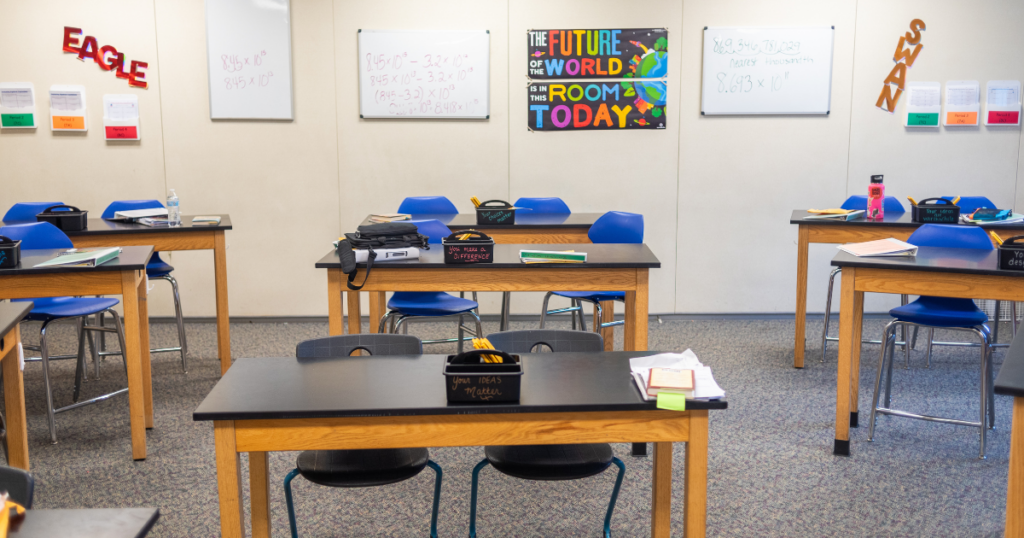Jess shared her story as part of MECEP’s State of Working Maine 2023 report. Click here to read the full report.
Jess is a special education professional with six years of experience supporting children with a diverse range of needs in residential, substantially separate, and public-school settings. She is currently working as a resource room teacher in a Midcoast elementary school where she has 23 students on her caseload.
I’ve always been drawn to special education and have been eager to help students with disabilities navigate the world and advocate for themselves to the best of their ability. I’ve taught multi-handicapped and life skills, vocational, behavioral, and students with learning disabilities ranging from grades K-12.

When the pandemic first hit, I was working with nonverbal and handicapped students. It was very challenging trying to help them remotely, keeping them engaged and following the lessons. The students benefit from hands-on learning, and when you’re teaching remotely, you’re really leaning on parent support. It was a challenge for parents, students, and teachers. When the pandemic came to an end, it was challenging for everyone to transition back to the school setting. Educators are still struggling to help students fill in the educational gaps missed during the pandemic and reintroducing them to social interactions and expectations.
My school doesn’t currently have a special education director, so the requirements that were previously performed by the director are being pushed on the special education teachers with little to no training and no additional compensation for the extra work. As a result of extra workload and lack of pay, special education teachers are getting burned out and are leaving the field. Raising the salary would help attract and retain teachers. I have a master’s degree in special education and I’m looking for additional part-time work because the salary is too low to support the finances. If nothing gets done to remedy these challenges, educators are going to leave the field and there will be no one left to teach students in schools.




